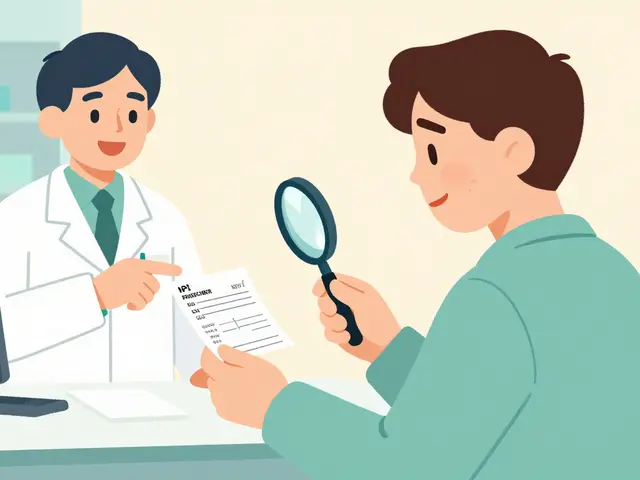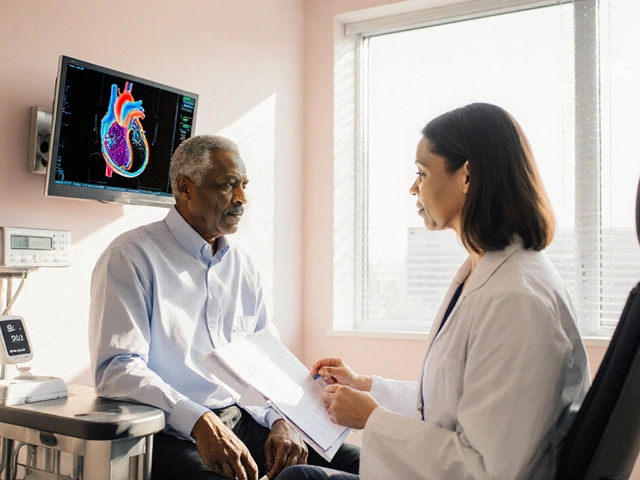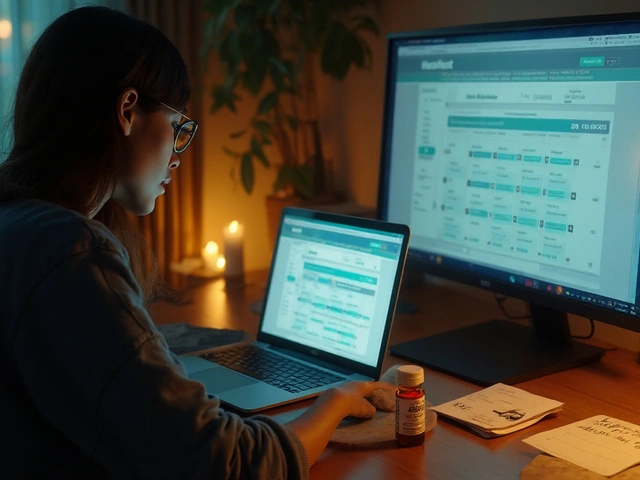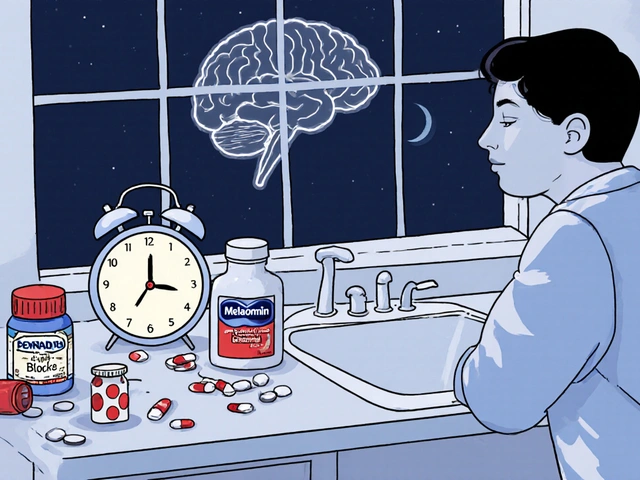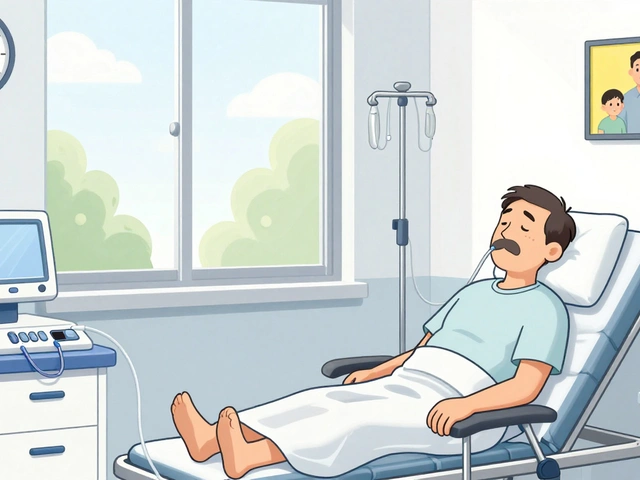Prevention: Practical Ways to Avoid Illness and Medication Risks
Prevention isn’t fancy — it’s a few smart habits you do every day. Small changes cut the chance of infections, side effects, and long-term problems like high cholesterol or bone loss. Below are clear actions you can take now, plus quick checks for safer medication use and buying drugs online.
Medication and pharmacy safety
Always keep an up-to-date list of every medicine, supplement, and dose you take. Bring it to doctor or pharmacist visits so they can spot interactions fast. Ask: “Does this interact with my other meds?” and write down the answer.
Never buy prescription meds from a website that doesn’t ask for a valid prescription. Look for a real pharmacy label, clear contact info, and secure checkout. If a price is way too low or they ship without a prescription, walk away — scams and counterfeit drugs are common online.
Follow antibiotic rules: use them only when prescribed, take the full course unless told otherwise, and never use someone else’s leftovers. This helps prevent resistance and keeps antibiotics effective when you need them.
Preventing illness and long-term problems
Simple daily habits protect you more than you think. Wash hands at key times, get recommended vaccines, and quit smoking — these cut infection risk and lower heart and lung disease. Sleep, stress control, and regular movement help your immune system and lower the chance of diabetes and heart problems.
For cholesterol and bone health, combine lifestyle with medical follow-up. Eat more vegetables, move regularly, and check labs as your clinician recommends. If you’re worried about statin side effects or need alternatives, ask about non-statin options or dosing strategies rather than stopping treatment on your own.
Watch supplements the same way you watch drugs. Tell your provider if you take herbal remedies or high-dose vitamins — some change how medicines work or add side effects. For example, zinc can help certain deficiencies but too much can cause issues; balance matters.
Keep medicines organized and labeled at home. Use a pill box or set reminders so you don’t miss doses or accidentally double up. Dispose of old or unused medicines safely through take-back programs to avoid accidental use by others.
If you have complex conditions or many medicines, schedule a medication review with a pharmacist every year. They’ll check for interactions, unnecessary drugs, and better options. A short review can prevent hospital visits and improve how you feel day to day.
Prevention is practical: clear records, sensible online buying, honest conversations with clinicians, and everyday healthy habits. Do these, and you’ll avoid a lot of avoidable harm while staying in control of your health.
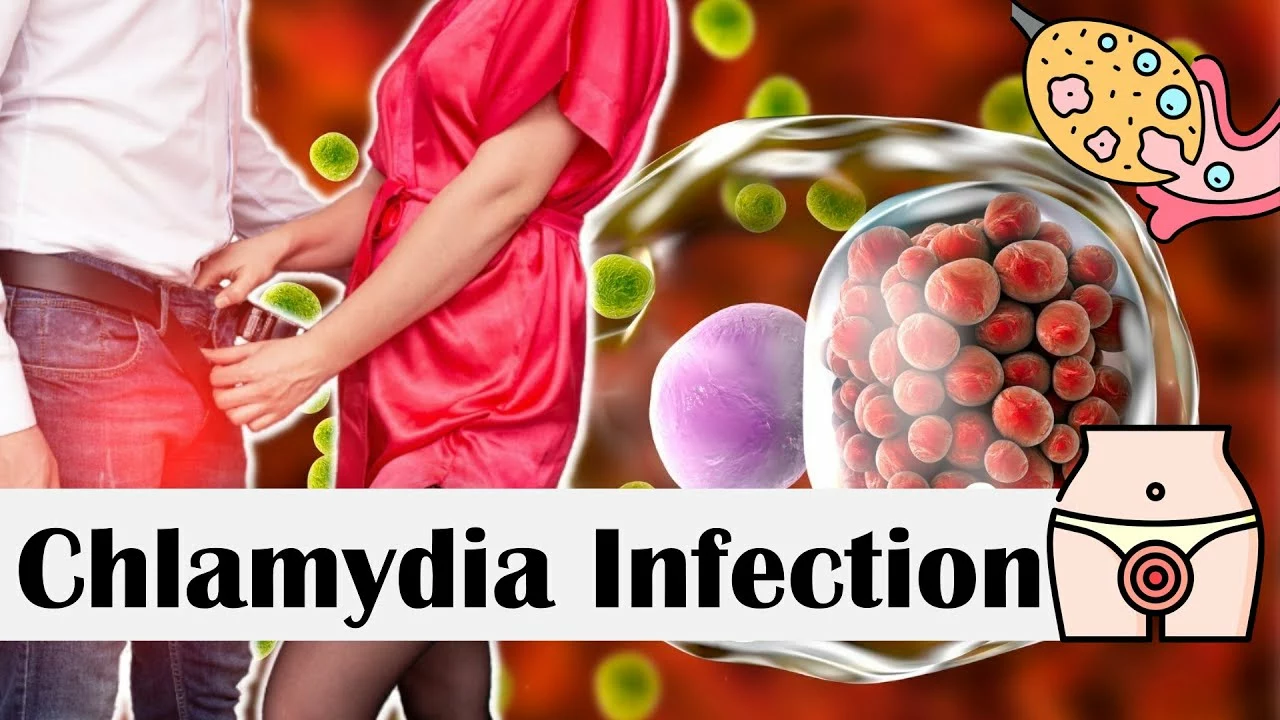
As a blogger, I've recently been researching the role of vaccines in preventing certain sexually transmitted infections (STIs). I've found that vaccines, like those for HPV and Hepatitis B, can significantly reduce the risk of contracting these infections. It's essential for us to be aware of these vaccines and consider getting vaccinated as part of our overall sexual health plan. Vaccination not only protects us but also contributes to the reduction of STI prevalence in the community. So, let's do our part and stay informed about the benefits of vaccines in preventing STIs!


